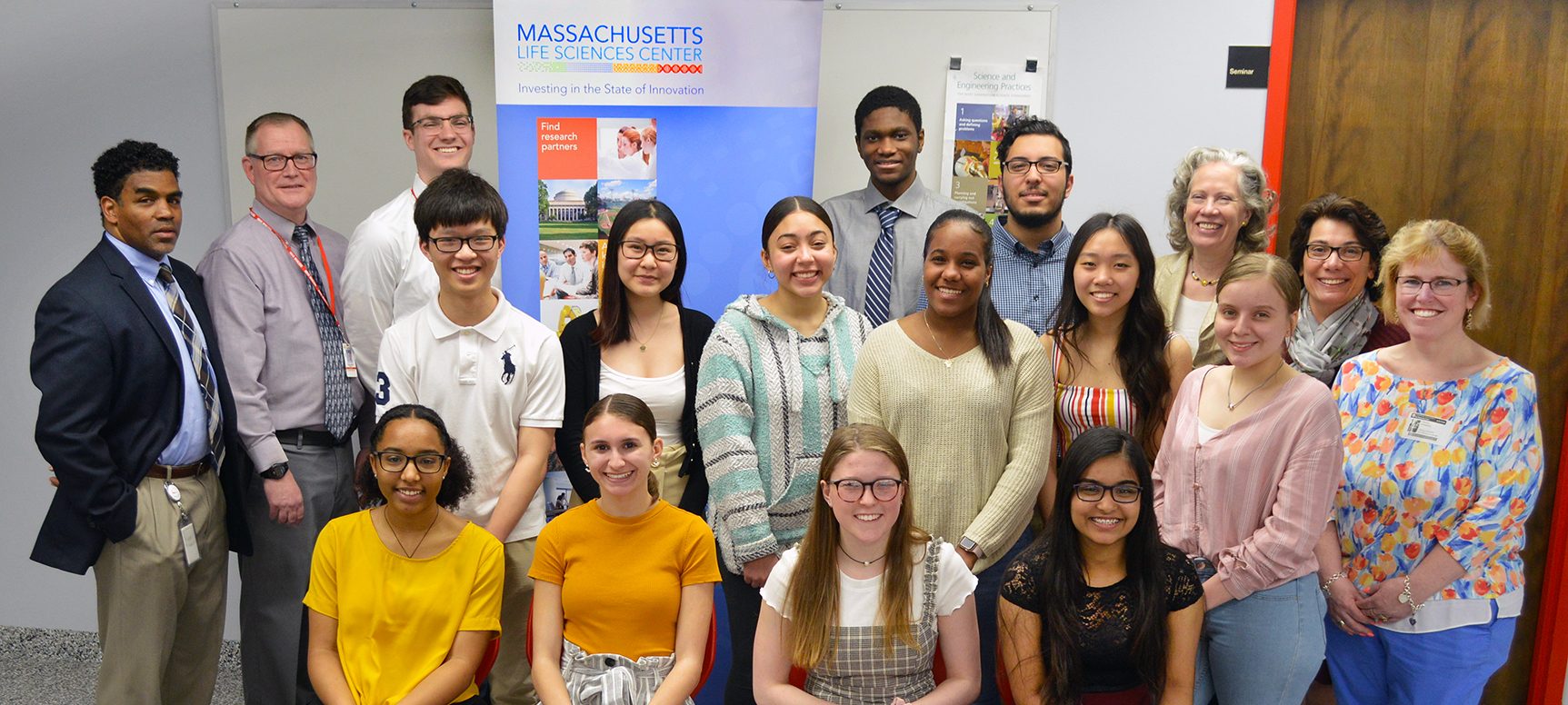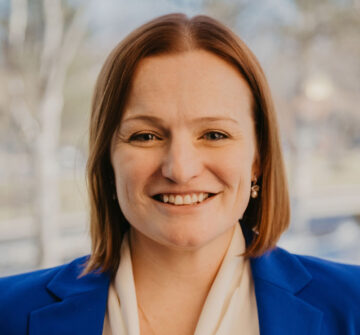The High School Apprenticeship Challenge facilitates and funds paid internship opportunities for Massachusetts high school students interested in STEM. Students throughout the Commonwealth are eligible to apply for paid summer internships with research institutions and life sciences companies. Eligible employers receive a reimbursement of up to $2,880 per intern, based on $12/hour for six weeks of work.
Since the program first launched in 2016, the MLSC has supported more than 220 internships with nearly 70 life sciences companies and research institutions. Interns represented 87 different high schools.
During the summer of 2018, the program placed 117 students in internships with 42 life sciences companies and research institutions. A majority of interns were female (61 percent) and diverse (65 percent). Interns represented 55 different high schools. MLSC funding for FY19 internships totaled $292,773.
The program also offers a pre-internship lab training program that provides intensive biotechnology and professional skills development. Since 2016, the program has been active in Brockton, New Bedford, Worcester, and Cambridge (serving Boston, Cambridge, and Everett students) and takes place after school or during the summer. Each year, the program has expanded to a new region of Massachusetts.
In the summer of 2018, the MLSC co-sponsored the Health Resources in Action’s LEAH Knox Scholars Program, a five-week MIT-based biomedical research training program that prepares students for internships the following summer. The program served 26 high school students from Boston and Everett. A significant majority of the students were female (77 percent) and diverse (92 percent). Participants represented seven different high schools. MLSC funding for the LEAH program totaled $58,582.
In the spring of 2019, the MLSC launched its fourth round of the High School Apprenticeship Challenge with after school training programs in Brockton and New Bedford, serving 38 students. Students who completed the training, demonstrated proficiency of skills, and were available for a six-week internship earned a recommendation for paid research positions with partner employers during the summer of 2019. A significant majority of participants were female (76 percent) and diverse (84 percent). Funding for lab training programs at Brockton and New Bedford totaled $87,455



